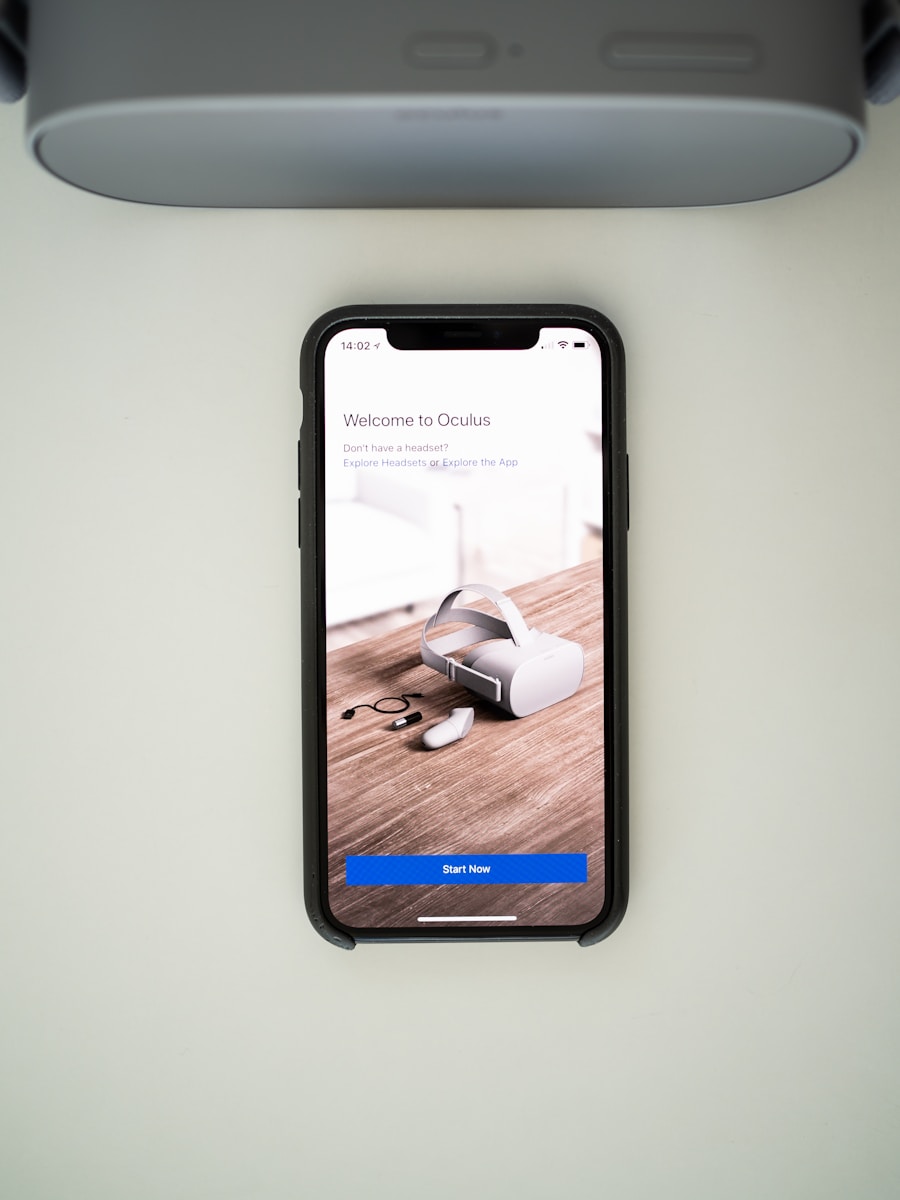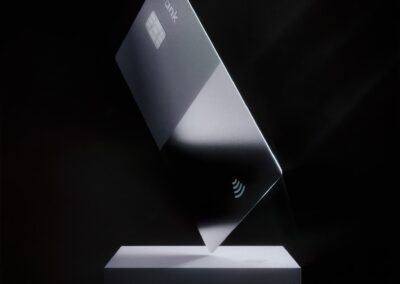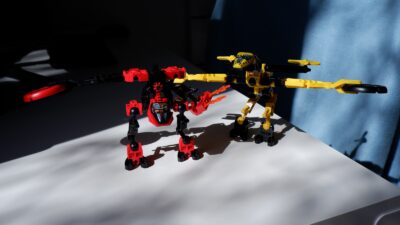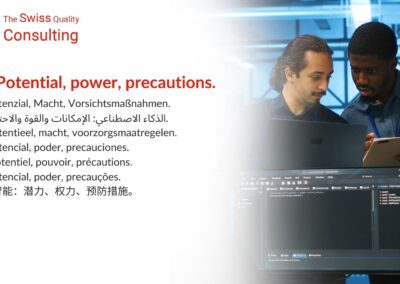Benefits of Modular Design in IoT Systems
Modular Design in IoT Systems: Enhancing Flexibility and Scalability
Modular design in IoT systems is revolutionizing how connected devices and networks operate, particularly in dynamic regions such as Saudi Arabia and the UAE. By breaking down complex systems into smaller, self-contained modules, businesses can achieve greater flexibility and scalability. This design approach allows individual components to be developed, tested, and deployed independently, making it easier to manage and upgrade systems without causing widespread disruption.
In Riyadh, smart city projects are leveraging modular design to enhance urban infrastructure. For instance, modular IoT systems are used in smart traffic management where different modules handle traffic signal control, vehicle detection, and data analytics. This setup allows city planners to upgrade or replace specific modules as technology advances or requirements change, without affecting the entire traffic management system. The ability to scale and adapt individual modules ensures that Riyadh can continuously improve its smart city initiatives efficiently.
Dubai’s focus on innovation is also evident in its adoption of modular IoT designs. In the healthcare sector, hospitals and clinics utilize modular IoT systems to monitor patient health and manage medical records. Each module, such as patient monitoring, data storage, and analytics, can be updated independently to incorporate the latest medical technologies and practices. This modular approach enhances the overall flexibility and responsiveness of the healthcare system, ensuring that Dubai remains at the forefront of medical innovation.
Isolating and Addressing Issues with Modular Design
One of the critical advantages of modular design in IoT systems is its ability to isolate and address issues without disrupting the entire architecture. In traditional monolithic systems, a failure in one component can cascade and affect the entire system, leading to significant downtime and maintenance challenges. Modular design mitigates this risk by compartmentalizing functions, allowing for targeted troubleshooting and repairs.
In Saudi Arabia’s oil and gas industry, modular IoT systems are used to monitor and control various aspects of production and distribution. For example, if an issue arises in the pipeline monitoring module, it can be isolated and addressed without impacting other modules responsible for pressure control or leak detection. This ability to manage and resolve problems at the modular level ensures continuous operation and minimizes disruptions, which is crucial for maintaining efficiency and safety in such a critical industry.
Dubai’s smart building projects also benefit from the problem-solving capabilities of modular design. In these buildings, IoT modules control lighting, HVAC, and security systems. If a fault occurs in the HVAC module, technicians can focus on resolving the specific issue without affecting the building’s lighting or security operations. This approach not only reduces downtime but also enhances the reliability and efficiency of smart building management.
Implementing Modular Design for Business Success
Strategic Implementation of Modular IoT Systems
For businesses aiming to integrate modular design in IoT systems, strategic planning and implementation are crucial. This involves designing systems with clear interfaces between modules, ensuring compatibility, and enabling easy upgrades and replacements. Adopting standardized protocols and frameworks can further enhance the interoperability and functionality of modular IoT systems.
In Riyadh, businesses across various sectors are implementing modular IoT systems to drive innovation and efficiency. For instance, in the retail industry, modular IoT solutions are used for inventory management, customer engagement, and sales analytics. Each module can be independently developed and optimized to meet specific business needs, allowing retailers to adapt quickly to market changes and consumer preferences. This strategic implementation of modular design helps businesses stay competitive and responsive.
The UAE’s commitment to technological advancement is reflected in its support for modular IoT systems in public services. Government agencies in Dubai use modular IoT platforms for smart waste management, water distribution, and energy management. By deploying modular systems, these agencies can improve service delivery and operational efficiency. For example, if a new water conservation technology becomes available, it can be integrated into the existing modular system without requiring a complete overhaul, ensuring that Dubai’s public services remain cutting-edge and sustainable.
Future Trends and Innovations in Modular IoT Design
As technology continues to evolve, future trends in modular design in IoT systems are expected to bring even greater enhancements to flexibility, efficiency, and innovation. Emerging technologies such as Artificial Intelligence (AI), blockchain, and the Metaverse are set to integrate seamlessly with modular IoT systems, driving new levels of functionality and interconnectedness.
In Saudi Arabia, the integration of AI with modular IoT systems is poised to revolutionize various industries. AI can enhance the capabilities of individual IoT modules, enabling more sophisticated data analysis, predictive maintenance, and automated decision-making. For instance, in the agriculture sector, AI-powered IoT modules can optimize irrigation and fertilization processes based on real-time data, improving crop yields and resource efficiency.
Dubai’s exploration of blockchain technology in modular IoT systems is also setting the stage for enhanced security and transparency. Blockchain can provide a secure and immutable record of data transactions between IoT modules, ensuring data integrity and trustworthiness. This technology is particularly beneficial for sectors such as finance and logistics, where data security and traceability are paramount. By integrating blockchain with modular IoT systems, Dubai can enhance the reliability and accountability of its digital infrastructure.
Conclusion: Embracing Modular Design for a Smarter Future
In conclusion, modular design in IoT systems offers numerous advantages that can significantly enhance the flexibility, scalability, and reliability of connected systems. By adopting a modular approach, businesses and cities in Saudi Arabia, the UAE, Riyadh, and Dubai can isolate and address issues efficiently, implement strategic solutions, and stay at the forefront of technological innovation. As emerging technologies continue to integrate with modular IoT systems, the potential for driving business success and enhancing modern infrastructure is immense. Embracing modular design is a forward-thinking strategy that will enable a smarter, more connected future.
—
#ModularDesign, #IoTSystems, #SystemArchitecture, #SaudiArabia, #UAE, #Riyadh, #Dubai, #ArtificialIntelligence, #Blockchain, #TheMetaverse, #ExecutiveCoachingServices, #GenerativeArtificialIntelligence, #ModernTechnology, #BusinessSuccess, #LeadershipSkills, #ProjectManagement































